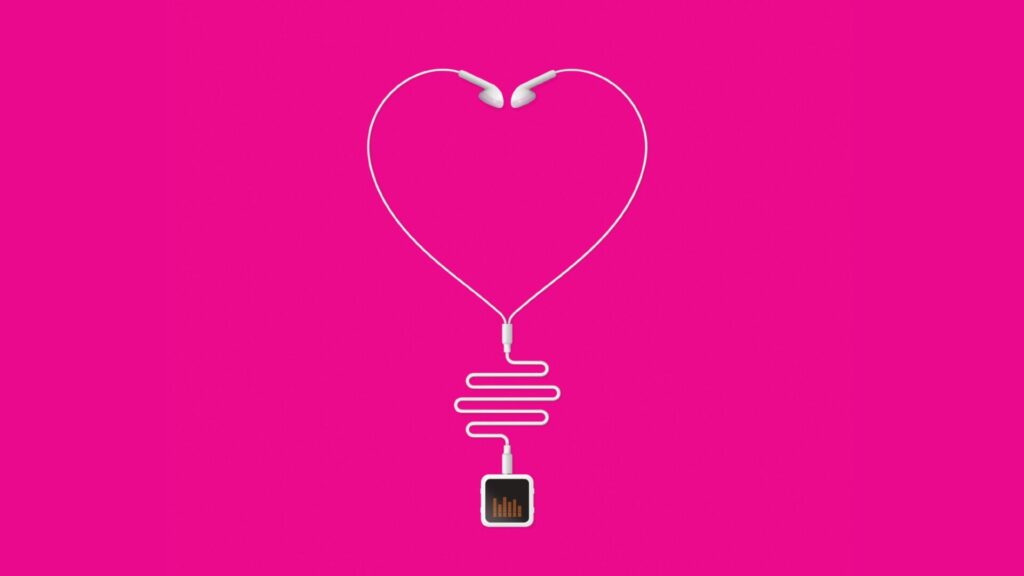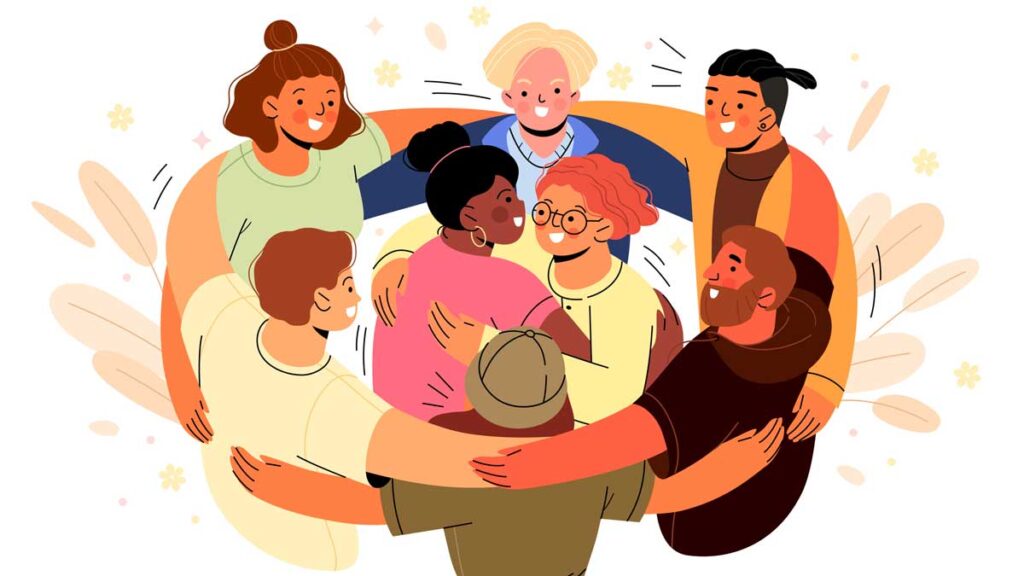The triune nature of God is difficult to understand for Christians but almost impossible for those raised in the Muslim faith . . . almost but not totally impossible. Let me explain.
My three o’clock appointment was in the waiting room. He was dressed impeccably in his long white kandura, lightly-starched ghutra—held in place with a black agal—and heavy leather sandals.
I invited this father into my office, wondering which of his children he had come to discuss with me. He settled himself into the chair, flicked the ghutra behind his shoulders and waited for me to complete the usual greeting. He laid a well-manicured hand on the desk that separated us and came straight to the point. “You are a Christian, are you not?”
“Yes.”
“Then explain this three gods that you worship.”
I had not been expecting this, however I did know that I had to be careful. A false move could have me deported but I wanted to provide an answer in keeping with Peter’s advice to “be prepared to give an answer to everyone who asks you to give the reason for the hope that you have. But do this with gentleness and respect” (1 Peter 3:15). Besides, he had come for a discussion, a favourite activity for many Arabs, and would not leave without one. I immediately appealed to God for help. I had no theological training and could not rely on my own knowledge to answer something that well-studied theologians still debate.
“I worship one God, just as you worship one God. He is a God with three parts,” I began.
“That is three gods then!” he interjected.
“May I ask some questions about your God . . . but I mean no disrespect for your religion,” I continued.
“Permission to speak freely,” he granted. And so began the questions and his short responses.
“Is your God powerful? More powerful than you or the most powerful man you know?”
“Yes.”
[Keep in mind here that the most powerful man he knew had the power of life and death over any citizen or resident in the country.]
“Your God knows everything there is to know?”
“Yes.”
“On this earth and the rest of the universe?”
“Yes.”
“Your God can do anything He wants to do?”
“Yes.”
“So your God is more powerful than you?”
“Yes, of course!”
“This is the same as my God.” We continued in this vein for some minutes, discussing the power, might, majesty and knowledge of God. I then turned the conversation to the father himself.
“I know you are a father and a husband.” No children here unless you are married! He nodded assent.
“You are a son, a grandson?”
“Yes.”
“You are a brother, a cousin?”
“Yes.”
“An uncle and perhaps a nephew?”
“Yes.”
“If you as a man can be all of these eight things at different times or even the same time, why cannot your God, who is far more powerful than you or any human we know, why cannot your God be one yet, at the same time, three? Only three, not eight as you are.”
The father sat silently for a moment, then said, “Your three gods are different.”
“Yes, you are right,” I agreed. “They are different but the same. When you speak to your mother, is it the same way you speak with your brothers?”
“No,” he exclaimed with eyes quite wide. The thought shocked him.
“When you talk to your wife about love, is it the same way you love your children?”
“No.”
“When you talk to your grandfather, is it similar to talking to your friends?”
“No.”
“Your cousins?”
“No.”
“Your work colleagues?”
“No.”
“So as a man, you are able to communicate in different ways even though you are only one man. You already told me that your God is far more powerful than you, so if He is, and He is, then why can He not communicate in three different ways to us?
“God who lives in heaven communicated to us through the prophets, yes? And some of their names are . . .”
He counted them on his fingers, “Musa, Noe, Ibrahim, David and others.”
“Yes,” I smiled, “but the people were not good listeners. God then sent a part of Himself to earth as a man to communicate to us. He can do this because He is all powerful. He came as a man so that we could understand Him more. When His message was given, He went back to heaven. He could not stay because a human body is limited to one time and one place.
“Instead God sent another part of Himself, the Holy Spirit, to help us. He is better at helping us because He can be everywhere at the same time. He is not limited by time and place.”
The father sat quietly for another moment, then said, “This is too difficult to understand God like this.”
“Yes, you are right,” I agreed again. “It is difficult, but if we understood everything about God—what He is like, what He can do and how He acts—then we would have the same ability as God. We would have the same power as God. We do not and we cannot because if we did we would be equal to God. No-one is equal to God, your God, my God, our God. He is above all.”
A thoughtful man left my office that afternoon and I prayed that he and those to whom he talked would gain a glimpse of the Father, the Son and the Holy Spirit.
This story was submitted in response to “28 Fundamentals: The divine bargain”.
Maria Simon was principal of an international school in the Middle East when this conversation took place. She lives in NSW.






